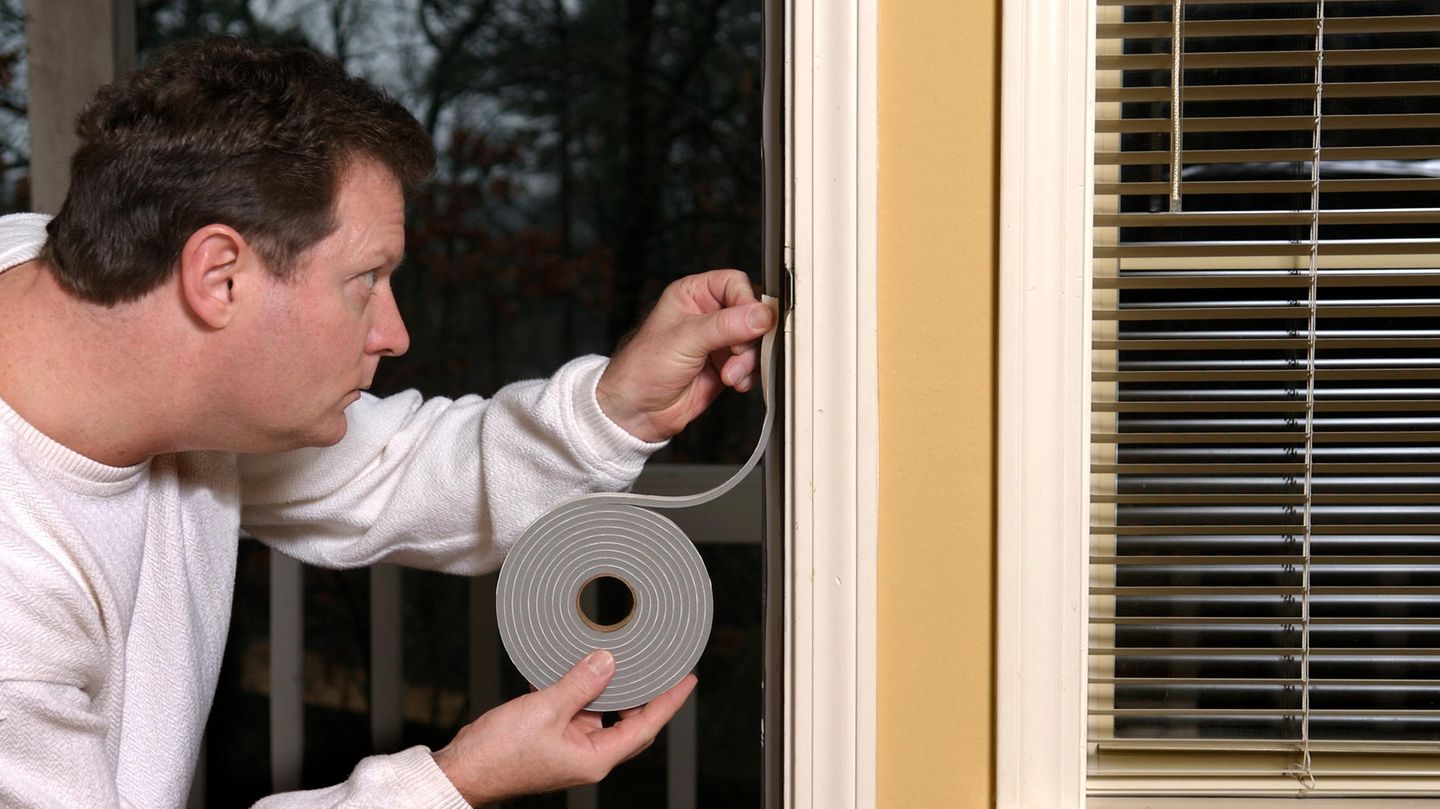Since the peak of the real estate boom, prices for houses and apartments in Germany have been falling. The start of the current year also offers little hope for sellers.
Prices for houses and apartments in Germany continued to fall at the beginning of the current year. Residential properties were on average 5.7 percent cheaper nationwide in the first quarter than in the same quarter last year, the Federal Statistical Office announced in Wiesbaden based on preliminary figures. Compared to the end of 2023, residential properties fell by an average of 1.1 percent in the period from January to March 2024.
Prices crumbled in both cities and rural areas. The biggest declines compared to the same quarter last year were observed in the metropolises of Berlin, Hamburg, Munich, Cologne, Frankfurt am Main, Stuttgart and Düsseldorf, with a drop of 9.5 percent for single- and two-family homes. Condominiums there became cheaper by an average of 4.6 percent within a year. In sparsely populated rural areas, buyers paid an average of 6.7 percent less for single- and two-family homes and 2.4 percent less for condominiums than in the first quarter of 2023.
The real estate market has been on a downward trend since mid-2022, the peak of the years-long boom. The main reason is the sharp rise in interest rates, which has made loans more expensive. Many people can no longer afford their own four walls, and investments are no longer worthwhile for large investors. At the same time, demand for housing remains high, especially in cities, while new construction is in the doldrums due to rising interest rates and increased construction costs.
The number of building permits for new construction and renovation of apartments was also significantly lower in April than in the same month last year. According to recently published data, Wiesbaden statisticians counted 14,300 new buildings in the month. That was 17 percent less than a year earlier. Building permits including renovations were also 17 percent lower than in the same month last year, at 17,600. Associations in the construction and real estate industry are pushing for more state funding in view of the housing shortage, particularly in urban areas.
Source: Stern




